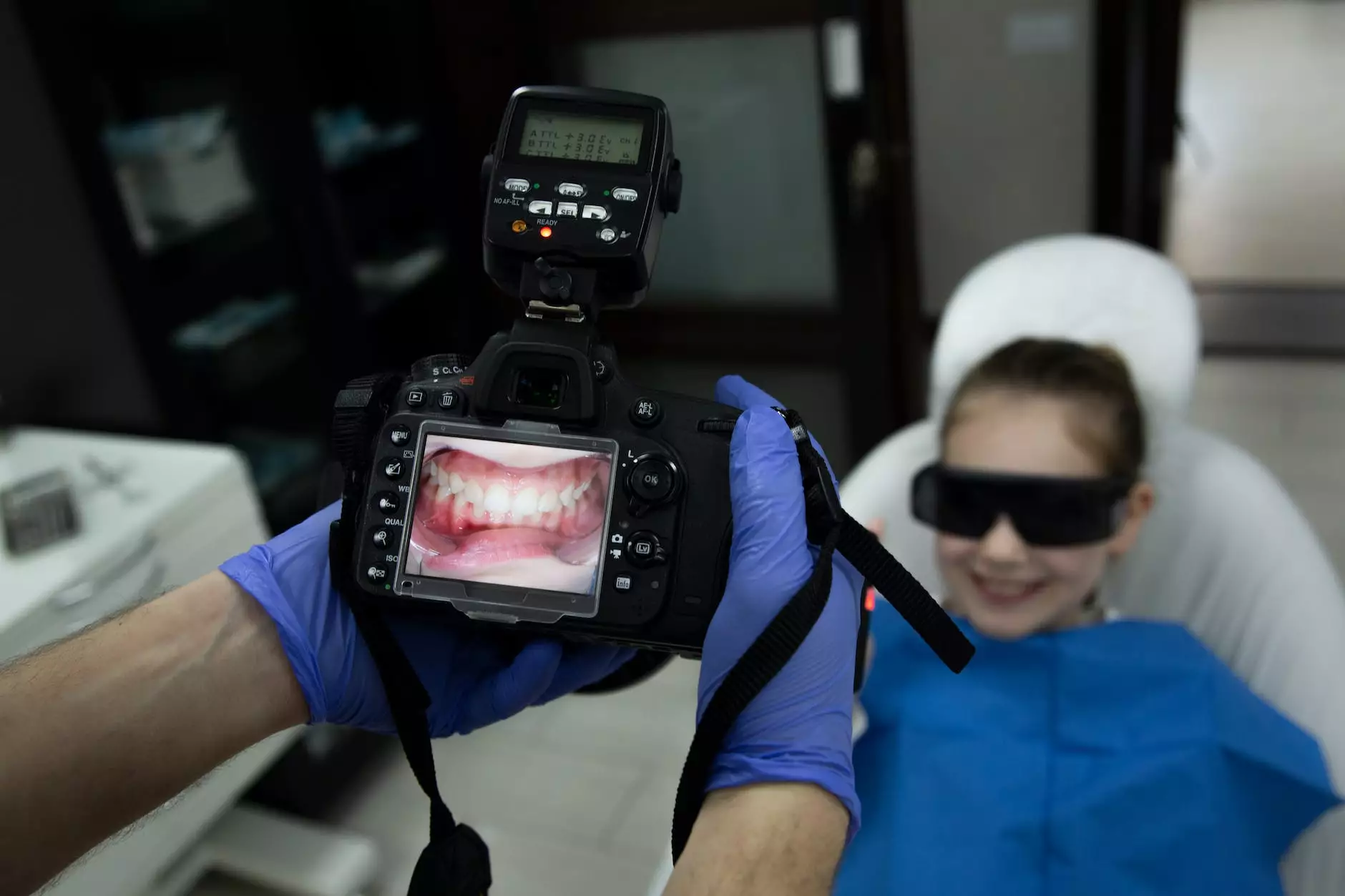PALS Certification from the American Heart Association: Your Pathway to Excellence in Pediatric Care

In today's fast-paced medical environments, being prepared to handle emergencies—especially in pediatrics—can make a significant difference between life and death. The Pediatric Advanced Life Support (PALS) certification by the American Heart Association (AHA) plays a crucial role in enhancing the skills of healthcare professionals who work with infants and children. This article will delve deeply into the PALS certification, its importance, the process of obtaining it, and how it strengthens your credentials in the realm of healthcare.
Understanding PALS Certification
The Pediatric Advanced Life Support (PALS) program is designed to provide healthcare providers with the knowledge and skills needed to respond swiftly to pediatric emergencies. It emphasizes critical thinking and hands-on skills in assessing and managing pediatric patients with various medical conditions and emergencies.
Why is PALS Certification Important?
- Enhanced Emergency Response: The PALS certification equips healthcare professionals with essential tools to manage life-threatening conditions in children.
- Improved Patient Outcomes: Training improves the chances of successful resuscitation efforts, thus positively impacting patient survival rates.
- Professional Advancement: Holding a PALS certification enhances a healthcare professional's credentials, making them stand out in a competitive job market.
- Compliance with Regulations: Many healthcare facilities require PALS certification for staff members involved in pediatric care, ensuring standardization in emergency response.
Who Should Pursue PALS Certification?
PALS certification is primarily designed for healthcare professionals who deal with critically ill or injured infants and children. This includes:
- Doctors
- Nurses
- Paramedics
- Emergency Medical Technicians (EMTs)
- Physician Assistants
- Pediatric Specialists
Whether you're working in the emergency room, in-flight medical assistance, or in pediatric wards, PALS certification is invaluable.
The Process of Obtaining PALS Certification
The pathway to obtaining PALS certification involves several steps, ensuring that candidates are well-prepared to handle pediatric emergencies. Here’s a breakdown:
1. Eligibility Requirements
Before enrolling in a PALS course, candidates are typically required to have a provider-level healthcare provider certification, such as:
- Basic Life Support (BLS)
- Advanced Cardiovascular Life Support (ACLS)
2. Course Content Overview
The PALS course covers a wide array of topics essential for effective emergency response, including:
- Recognition of pediatric respiratory and circulatory arrest
- Effective resuscitation techniques
- Advanced airway management
- Pharmacological interventions
- Post-resuscitation care
3. Hands-On Training
Critical to the PALS certification process is the hands-on training segment. This involves practical application of skills in simulated environments, enabling candidates to practice:
- Chest compressions
- Use of defibrillators
- Establishing intravenous (IV) access
4. Evaluation
To achieve PALS certification, candidates must pass a written exam and a practical skills assessment. This ensures a comprehensive understanding of the material and the ability to apply it in real-life scenarios.
The Benefits of PALS Certification
Obtaining your PALS certification brings numerous benefits:
Improved Skills & Knowledge
PALS training equips healthcare providers with the latest guidelines and protocols for emergency pediatric care based on rigorous scientific evidence. This ensures that professionals are not just knowledgeable but capable of delivering high-quality care.
Networking Opportunities
Participating in PALS courses allows healthcare professionals to meet and connect with peers who share similar responsibilities. This networking can lead to collaborative opportunities and shared learning experiences.
Increased Job Security
With the healthcare landscape constantly evolving, having certifications like PALS can significantly enhance job security. Clinics, hospitals, and emergency services actively seek candidates who are well-trained in pediatric emergencies.
Maintaining Your PALS Certification
Like many certifications, PALS requires renewal every two years. Continuous education is crucial to stay updated with the latest practices and guidelines. Here’s how you can maintain your certification:
- Enroll in refresher courses.
- Stay updated with AHA publications and guidelines.
- Participate in ongoing training and simulations.
The American Heart Association's Commitment to Training
The American Heart Association is a pioneer in resuscitation education and research, being instrumental in establishing protocols that enhance the survival rates of patients facing cardiac emergencies. Through their dedicated team of experts, they constantly update PALS courses, ensuring that healthcare professionals receive the most effective training.
Why Choose GoACLS for PALS Certification?
If you are contemplating obtaining your PALS certification, GoACLS provides an excellent platform. Here’s why:
1. Expert Instructors
GoACLS boasts a team of experienced instructors who bring real-world insights to the classroom, enriching the learning experience.
2. Comprehensive Course Materials
The materials provided during the course are detailed and designed to ensure a deep understanding of pediatric emergency care.
3. Flexible Learning Options
With both in-person and online learning opportunities, GoACLS makes it easy for you to fit your training into your busy schedule.
4. Support Beyond Certification
The support doesn’t end once you receive your certification. GoACLS is committed to providing ongoing resources to help you stay current in the field.
Conclusion
In the demanding field of healthcare, staying prepared for pediatric emergencies is essential. The PALS certification from the American Heart Association is not just a credential; it’s a commitment to providing the best possible care for young patients. By pursuing this certification, you are enhancing your skills, boosting your career, and making significant contributions to the health and safety of children.
If you're ready to take your career to the next level, consider enrolling in a PALS certification course through GoACLS.com, where professional growth and exceptional training converge.
pals certification american heart association








